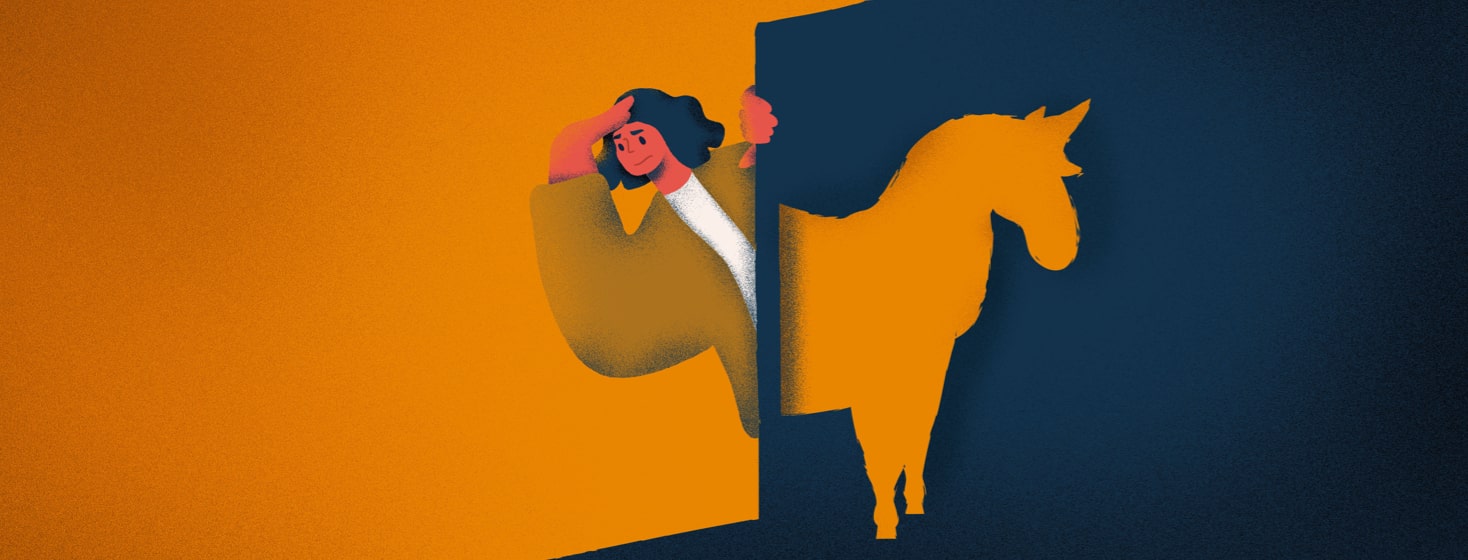Remission From Ankylosing Spondylitis: The Search for a Unicorn
In something of a weird coincidence, my step-father also had ankylosing spondylitis. Russ died tragically in a car accident several years before I was diagnosed, and most of my knowledge of AS prior to that time came from him.
What his life with AS was like
He had lived with the disease for most of his adult life, managing fairly well on NSAIDs for many years. Over time, fusion in his neck resulted in a limited range of head movement but he no longer experienced pain or needed to take any medication.
According to Russ, a medical specialist himself, the disease that had troubled him for years had simply “burned out” by the time he was in his sixties. He spoke as if it was a well known phenomenon, but I have always struggled to find concrete information about this kind of remission.
My mum's illness
While they were married, my mother also experienced recovery from her own autoimmune disease. Ulcerative Colitis had troubled her since her mid-twenties, coming and going throughout her life and causing its own version of pain and misery.
My childhood memories included many episodes of Mum’s illness, including periods of time she was hospitalized or simply unable to leave the house due to symptoms.
But again, what had been an extremely debilitating condition diminished and then left her completely when she was in her late fifties. With the exception of one bout towards the end of her life, the disease never returned. As someone who has seen my own symptoms dramatically improve following lifestyle change, I’ve often tried to analyze what might have been at the root of my parent’s improved health, other than just an uncommon dose of good luck.
Certainly, their marriage was a happy one. They enjoyed time together and each pursued things they were passionate about. They had a healthy diet with a strong focus on home-made meals featuring lots of vegetables. And they were both more conscious about exercise and spending time outside than they had been in previous decades.
After my step-dad passed away, my mother’s health began to deteriorate in other ways. A cascade of one illness after the other and finally a terminal brain cancer diagnosis. Within a decade of Russ’s death we had lost her too.
Perhaps it’s my parents’ stories that have helped me stay hopeful AS won’t be in my life forever. I seek out stories of spontaneous remission and scour them for clues.
Self management
Self-managing my own AS has involved a number of lifestyle changes alongside the conventional medical approach. It’s been successful enough for me to see my own symptoms diminish and at times it feels like complete recovery may one day be in my grasp.
There is so much about the human body we still don’t understand, why isn’t total remission possible? I’m not about to give up hope just yet.

Join the conversation